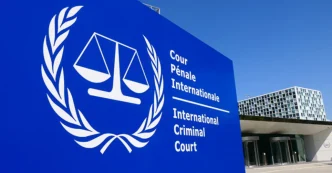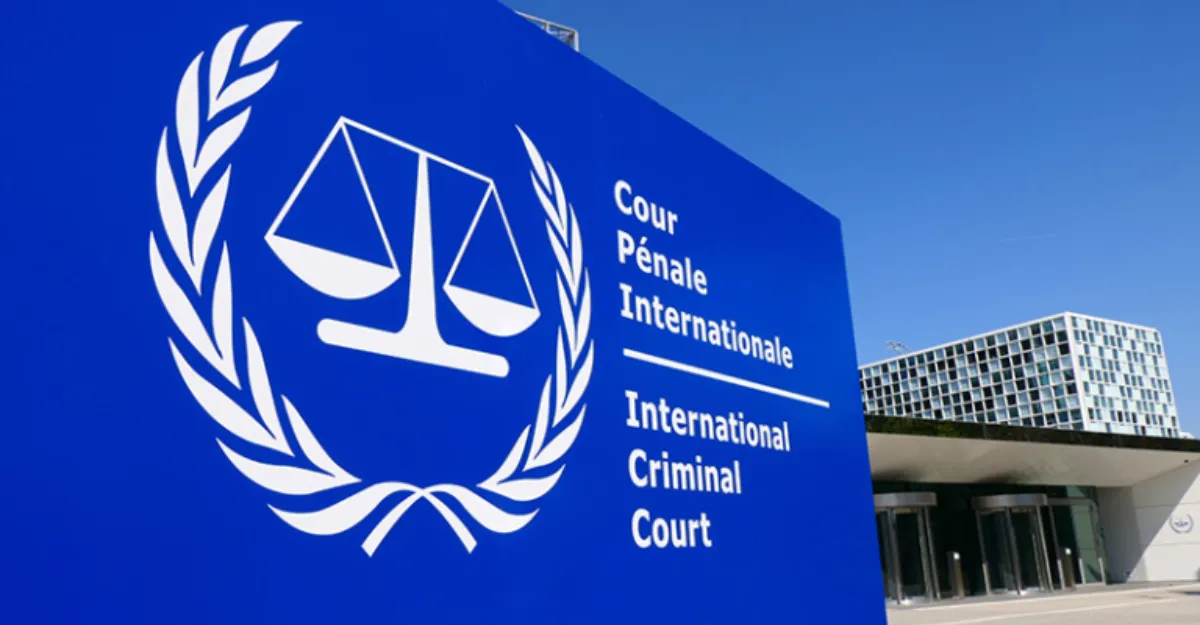President Ferdinand Marcos Jr. has expressed openness to discussions about the Philippines rejoining the International Criminal Court (ICC), a move that could signal a significant shift in the country’s approach to international human rights accountability. The development comes as a United Nations official urged Manila to recommit to global treaties, spotlighting unresolved issues from the nation’s past.
A Shift in Stance Under Marcos
On Thursday, June 19, 2025, Palace Press Officer Claire Castro addressed the media in Manila, responding to recommendations from Irene Khan, the UN Special Rapporteur on the Promotion and Protection of the Right to Freedom of Opinion and Expression. Khan had called on the Philippine government to ratify international human rights treaties and reinstate its commitment to the Rome Statute, the foundational treaty of the ICC. Castro described the recommendations as “good” and confirmed that President Marcos is willing to engage in dialogue about rejoining the court. “He [Marcos] is open to it. The last time we spoke—since we’ve talked about this before—he said he was open to it” said Castro.
This marks a notable departure from the stance of Marcos’s predecessor, Rodrigo Duterte, who withdrew the Philippines from the ICC on March 17, 2018. The withdrawal, which became effective a year later, was a controversial decision rooted in Duterte’s rejection of international oversight during his administration’s aggressive war on drugs. Despite the exit, the ICC retained jurisdiction over alleged crimes committed in the Philippines between November 1, 2011, and March 16, 2019—a period when the country was still a member of the court. Investigations into reported human rights abuses during this time, particularly related to extrajudicial killings under Duterte’s anti-drug campaign, have remained a point of contention.
Historical Context: Duterte’s Legacy and ICC Investigations
The Philippines’ relationship with the ICC has been tumultuous. The Rome Statute, adopted in 1998 and entered into force in 2002, established the ICC as a permanent tribunal to prosecute individuals for genocide, crimes against humanity, war crimes, and the crime of aggression. The Philippines ratified the treaty in 2011, becoming a member state until Duterte’s unilateral withdrawal. His decision came amid growing scrutiny from the ICC over allegations of widespread human rights violations during his presidency, particularly linked to the thousands of deaths reported during anti-drug operations.
Even after the withdrawal, the ICC’s jurisdiction over past events has kept the issue alive. The court’s ongoing probe into alleged crimes during the specified period has been a source of tension, with Duterte and his allies repeatedly dismissing the ICC’s authority. Critics of the former president argue that rejoining the court could provide a pathway to justice for victims of past abuses, while supporters of Duterte maintain that national sovereignty should take precedence over international intervention.
Marcos, who assumed office in June 2022, has inherited a complex legacy on human rights. While his administration has sought to project a more moderate image compared to Duterte’s hardline approach, activists and international observers have pressed for concrete actions to address historical grievances. The openness to ICC discussions could be seen as an olive branch to the international community, though it remains unclear whether this will translate into formal reentry into the court.
International Pressure and Domestic Debate
Irene Khan’s call for the Philippines to return to the ICC fold is part of a broader push by the United Nations and human rights organizations to ensure accountability in the country. Khan, whose mandate focuses on freedom of expression, emphasized the importance of aligning with international standards, particularly as the Philippines marks the sixth anniversary of its ICC withdrawal in 2024. Her remarks underscore a growing consensus among global watchdogs that rejoining the court could bolster the country’s human rights framework.
Domestically, however, the issue remains divisive. Proponents of rejoining argue that membership in the ICC would demonstrate a commitment to justice and deter future abuses. Human rights groups have long documented allegations of extrajudicial killings, forced disappearances, and other violations, particularly under Duterte’s tenure. They see the ICC as a critical mechanism for holding powerful figures accountable, especially in cases where domestic judicial processes may be compromised by political influence.
On the other hand, opponents, including some nationalist lawmakers and Duterte loyalists, view ICC involvement as an infringement on Philippine sovereignty. They argue that the country’s legal system is capable of addressing internal matters without external interference. This perspective gained traction during Duterte’s presidency, when the government repeatedly challenged the ICC’s jurisdiction and accused it of bias. Marcos’s willingness to entertain talks may face resistance from these quarters, potentially complicating any move toward ratification.
Regional and Global Implications
The Philippines’ potential return to the ICC carries implications beyond its borders. In Southeast Asia, where several nations grapple with human rights challenges, Manila’s decision could set a precedent for engagement with international accountability mechanisms. Countries like Myanmar, currently under ICC scrutiny for alleged crimes against the Rohingya, and others with histories of conflict or authoritarian governance, may watch closely as the Philippines navigates this path.
Globally, the ICC itself stands to gain from the Philippines’ reintegration. The court has faced criticism for its perceived focus on African nations and struggles with enforcement in non-member states. Bringing back a significant Asia-Pacific country could strengthen its legitimacy and broaden its geographic reach. However, analysts caution that Marcos’s openness to dialogue does not guarantee action. Ratifying the Rome Statute again would require legislative approval in the Philippines, a process fraught with political hurdles given the polarized views on the issue.
Human Rights Under Marcos: A Broader Picture
While the ICC question is a focal point, it is only one aspect of the broader human rights landscape under Marcos. His administration has taken steps to improve the country’s international standing, including engaging with UN bodies and pledging reforms in areas like press freedom and judicial independence. Yet, challenges persist. Reports of harassment against activists, limitations on free expression, and slow progress on past cases of abuse continue to draw scrutiny.
Rejoining the ICC could be a symbolic and practical step toward addressing these concerns, but it would also reopen old wounds. Families of victims from the Duterte era, many of whom have sought justice through international channels, may see renewed hope. At the same time, political forces aligned with the former president could push back, framing any ICC involvement as a betrayal of national interests.
What Lies Ahead?
As discussions about the ICC unfold, the Marcos administration faces a delicate balancing act. On one hand, rejoining the court could enhance the Philippines’ global reputation and signal a genuine commitment to human rights. On the other, it risks reigniting domestic tensions and alienating powerful political factions. The president’s openness to talks, as conveyed by Claire Castro, is a starting point, but the road to ratification—if pursued—will likely be long and contentious.
For now, observers both in the Philippines and abroad are left with cautious optimism. The coming months will reveal whether Marcos’s willingness to engage translates into tangible policy shifts or remains a diplomatic gesture. As the nation reflects on its past and charts its future, the question of accountability looms large, with the ICC at the heart of a pivotal debate.
















